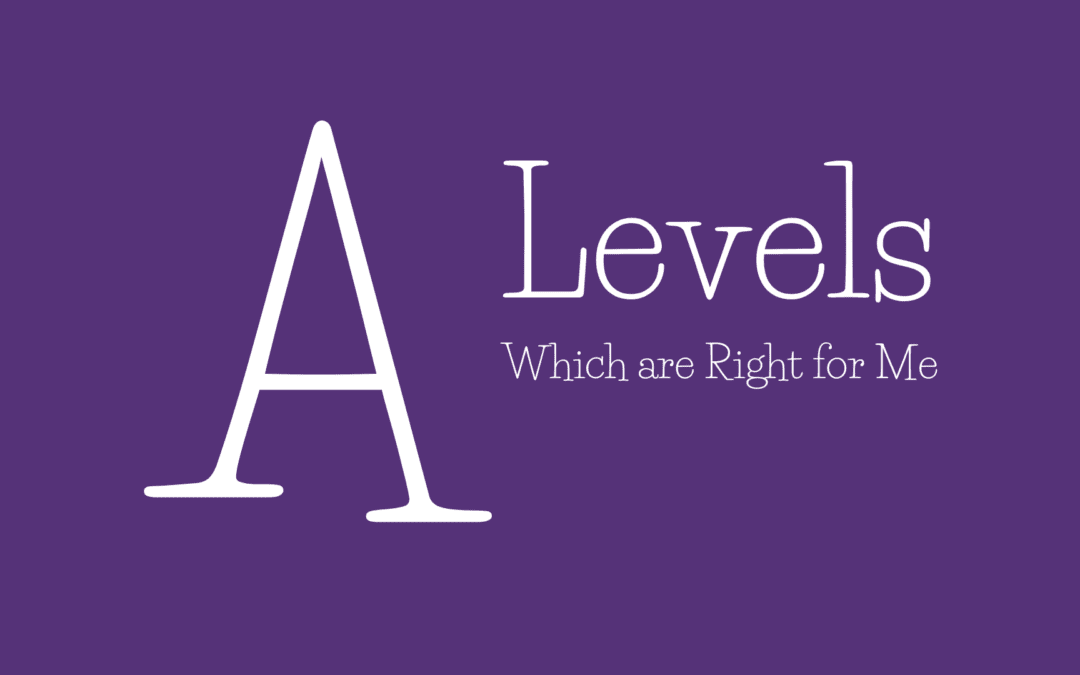When you’ve been so focussed on gaining your GCSEs it can sometimes be dauting to think too much into the future. While some of you might not know what you want to do for a career, some of you will be totally focussed on a particular job. So, if this is the case the sooner you start thinking about your career pathway, the better.
Lots of sixth forms, including ours in Leeds, and colleges offer a wide range of A Levels. We offer over 30 subject choices alone, so it can be hard to whittle this down to just three or four subjects.
The way you go about choosing what A Levels to study can involve lots of different factors, like what makes you happy and getting advice from trusted people, but let’s get into the nitty gritty and talk about actual subject choices.
Does your future job require a degree? – if this is the case, choose your A Level subjects carefully whilst looking at university courses and their entry requirements. The pathway you go down now, might well dictate what you are able to study at university.
How flexible are the degree course entry requirements? – some courses such as medicine or chemical engineering normally require that you have studied specific A Level subjects and offer very little flexibility. Whereas, if you want to study law at university there is more flexibility with no specific subject requirements, but probably some useful A Levels to have, which may help.
If you do know what degree you want to study – do your research thoroughly and select your A Level subjects accordingly.
If you don’t know what degree you want to study, but want to go to university – still do your research, look at different degree options to get a feel for what you might like to study. Try not to limit yourself with your subject choices, so if you choose to study A Level French, Spanish and Politics, this might limit you if you don’t want to study a language-based degree.
A good resource to help guide you is Informed Choices.
Still unsure? Here’s some examples of good subject combinations –
- Art, English literature and geography/history
- Biology, chemistry and maths
- Business, economics and maths
- English literature, French and history
So, whether you have that career pathway mapped out or not, do you research. Understand what A Level subjects you need to take if you know where you’re heading. Or choose subjects that won’t limit you in the future if you don’t…and you’ll be just fine.
